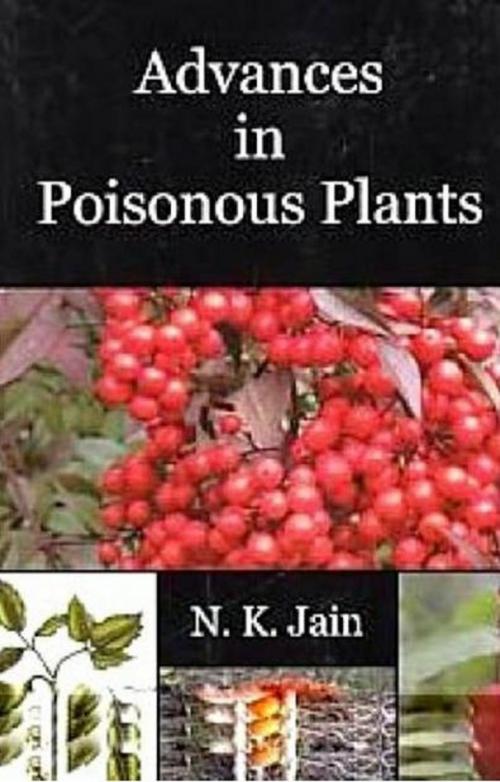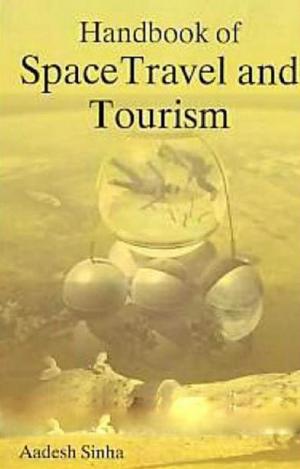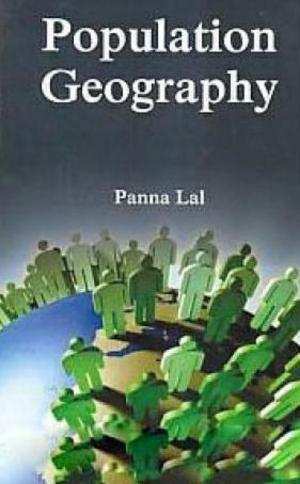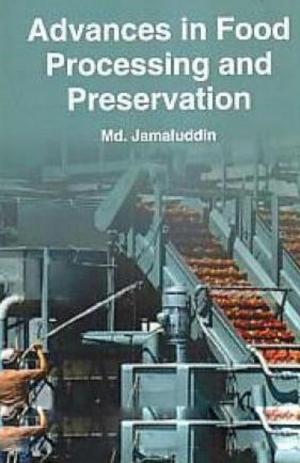Advances in Poisonous Plants
Nonfiction, Science & Nature, Science, Biological Sciences, Botany, Nature, Plant Life, Plants| Author: | N. K. Jain | ISBN: | 9789387798359 |
| Publisher: | Anmol Publications PVT. LTD. | Publication: | June 30, 2013 |
| Imprint: | Anmol Publications PVT. LTD. | Language: | English |
| Author: | N. K. Jain |
| ISBN: | 9789387798359 |
| Publisher: | Anmol Publications PVT. LTD. |
| Publication: | June 30, 2013 |
| Imprint: | Anmol Publications PVT. LTD. |
| Language: | English |
Plants are considered poisonous if they contain toxic substances in sufficient amounts to harm livestock. Depending on the type of poison, and the amount eaten, an animal’s reaction can range from reduced performance to death. Plants are not easily classified as poisonous or not. Some poisonous plants are good forage when eaten in small amounts because the poison is eliminated or diluted as rapidly as it is ingested. Most poisonous plants are dangerous only when consumed in large quantities and even then may be harmless at certain times of the year. Removing every poisonous plant from your garden is not usually necessary. The fact is, many plants are poisonous to some extent and coexist with people and pets in gardens everywhere. Symptoms of plant toxicity vary from a mild rash, to vomiting, to diarrhea, to blindness, to heart arrhythmia, to paralysis, to – in the rarest cases – death. The present book has been planned in such a way to given an overall view of this subject.
Plants are considered poisonous if they contain toxic substances in sufficient amounts to harm livestock. Depending on the type of poison, and the amount eaten, an animal’s reaction can range from reduced performance to death. Plants are not easily classified as poisonous or not. Some poisonous plants are good forage when eaten in small amounts because the poison is eliminated or diluted as rapidly as it is ingested. Most poisonous plants are dangerous only when consumed in large quantities and even then may be harmless at certain times of the year. Removing every poisonous plant from your garden is not usually necessary. The fact is, many plants are poisonous to some extent and coexist with people and pets in gardens everywhere. Symptoms of plant toxicity vary from a mild rash, to vomiting, to diarrhea, to blindness, to heart arrhythmia, to paralysis, to – in the rarest cases – death. The present book has been planned in such a way to given an overall view of this subject.















